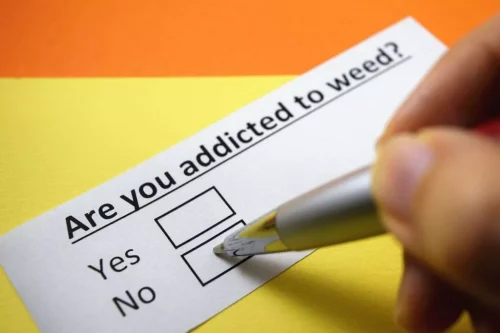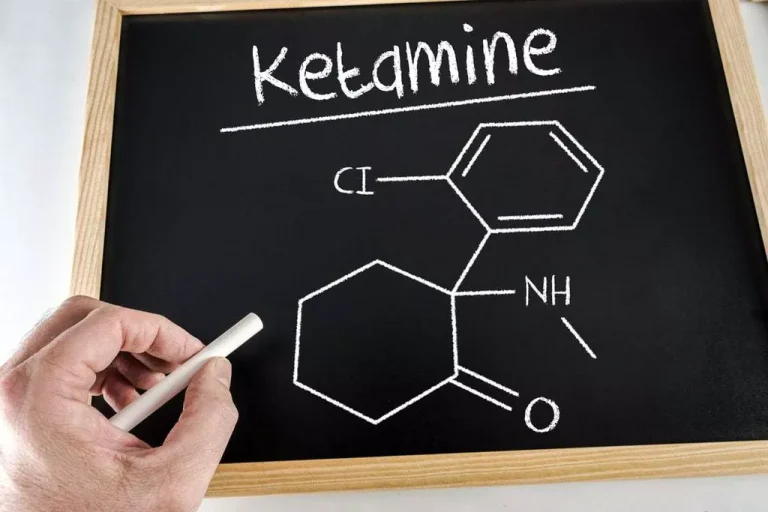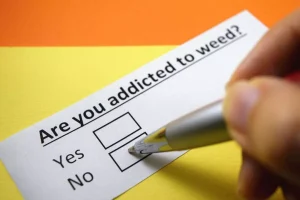What Happens When Alcoholics Relapse?

While the abstinence stage of withdrawal causes mostly physical symptoms, post-acute withdrawal is very psychological and emotional. During this stage, most people focus their energy on coping with cravings and resisting the urge to drink. According to the National Institute on Alcohol Abuse and Alcoholism (NIAAA), recovery is a process that involves remission from AUD and quitting heavy drinking for good. If you start to think of yourself as a failure, you’re more likely to move into the next stage of relapse. Some research has found that 40% to 60% of people dealing with substance abuse disorders relapse within a year. In fact, experts consider relapses part of the recovery process.
Can an Alcoholic Ever Drink Again?
The exploration of whether an alcoholic can ever drink again is nuanced, reflecting the individual differences in the experience and management of addiction and recovery. Some people who’ve experienced problems with alcohol may be able to drink again, drinking again after sobriety but most will not. This is because alcohol abuse alters your brain chemistry, making it difficult to control your drinking once you start. One of the most pressing questions for individuals recovering from alcohol addiction is whether they can ever drink again. In this blog, Taylor Recovery will explore the considerations surrounding alcohol consumption post-treatment and delve into the factors influencing this decision. We all have bad days, and where you may reach for a bar of chocolate (or even a glass of wine) to destress, the reality for a person with an alcohol addiction is far different.

Published in Substance (Ab)use
You don’t have wine on the kitchen counter or vodka in your freezer. In fact, you haven’t had a drink in months or maybe even years. For the first time, we’re offering an ad-free experience. To qualifying contributors who support our fearless journalism. For the first time, we’re offering an ad-free experience to qualifying contributors who support our fearless newsroom.
Health On the Net Foundation
- Physical relapse is a return to using alcohol or drugs.
- Anyone considering an alcoholic past such as Pauls would think it was madness for him to try and drink safely, yet time and time again he does.
- Before he got out of the car, I reached in and we kissed on the lips.
- However, in some cases, it is needed in order to find out the truth of your own addiction.
- Long-term recovery is a journey and like all journeys, there are often setbacks and obstacles to overcome.
Here’s a quick overview of what happens when you stop drinking. While the task of staying sober forever may seem daunting, remember that you only have to take it one day at a time. Over time, and with professional help, you’ll adjust to this new lifestyle and come to enjoy all the benefits that sobriety provides. Thoughts of drinking again can stem from a misconception that we can control our drinking or from societal pressures and situations where alcohol is present.

- Unfortunately, there isn’t a one-size-fits-all answer to that question.
- Finding useful information and resources about addiction or alcoholism can be a minefield.
- Milk Duds,” I had a great time, I was present, and I remembered everything.
- What remains clear is the need for compassion, understanding, and ongoing support as individuals navigate the complex journey of recovery from alcoholism.
In reality, the physical relapse stage is the most difficult to stop, and it’s a final stage rather than a standalone. If you experience a physical relapse, you might need to return to treatment or revisit your relapse prevention plan. Treatment didn’t fail, and you didn’t either, but a physical relapse can mean that your treatment plan may need to be adjusted or evolve with your changing needs.
Someone who’s quit and relapsed multiple times might have worse withdrawals than someone who’s drank heavily for longer but is quitting for the first time. Physical relapse is a return to using alcohol or drugs. Some clinicians will divide this stage of relapse into a lapse and then the actual https://ecosoberhouse.com/ relapse.
- If they respond well then the next thing to do is to remove any alcohol from the home and encourage them to call their sponsor or therapists.
- Preventing a relapse starts with having a strong recovery plan.
- Whether you are struggling with addiction, mental health or both, our expert team is here to guide you every step of the way.
- Those who are close to him fear for his safety and sanity.
- The idea is devastating, but it is not uncommon for an alcoholic in recovery to slip up and drink again.
- I can hang out at bars with friends, or dance at a club with a mocktail in one hand.
- You won’t want to miss out on the chance to participate alongside fellow Reframers (or solo if that’s more your thing!).

Sometimes, I’d make it two weeks before convincing myself I could drink normally. Finding useful information and resources about addiction or alcoholism can be a minefield. To increase the chance of a successful recovery and life of sobriety it is important to receive guidance from a reliable source. Our state-specific resource guides offer a comprehensive overview of drug and alcohol addiction treatment options available in your area.
Helping a Loved One Avoid Relapse

I found this page after searching for the reason I had this exact experience last night. I woke up thinking I was hungover and the absolute horror I felt was dreadful. Although I didn’t find any (because there is no solid answer) I do feel somewhat comforted knowing that this is normal in the early stages of recovery (36 days in). I’ve come to accept that drinking dreams might always be a part of my life, even if I only have them rarely. While I certainly don’t enjoy having them, I choose to believe that they are serving an important purpose. They remind me where I came from and where Sober living house I never want to go back to.
Health Conditions
This situation is serious not only because it jeopardizes sobriety but also because being exposed to alcohol after a period of abstinence can have significant effects on the human system. I assumed that once I got sober, it would be easy to go on dates. I have signed up for many apps and even paid for the weekly/monthly subscription fees to get full access to message potential matches.
